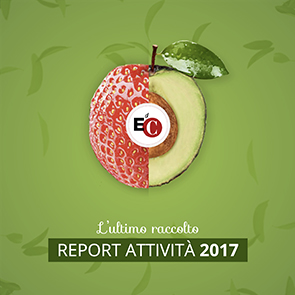Global poverty is one of the world’s most vexing problems. From education to healthcare, infrastructure to eradicating corruption, the vast majority of solutions rely on trial and error. Essentially, the plan is often to identify areas that need help, flood them with resources, and hope to see change over time. But hope is not an effective strategy. We talk about this with Efosa Ojomo and Karen Dillon.
In The Prosperity Paradox, Clayton M. Christensen, Efosa Ojomo, and Karen Dillon reveal a paradox at the heart of most approaches to solving poverty. While noble, current solutions are not producing consistent results, and in some cases, have exacerbated the problem. At least twenty countries that have received billions of dollars’ worth of aid are poorer now.
Applying the rigorous and theory-driven analysis he is known for, Christensen and his co-authors suggest a better way. The right kind of innovation not only builds companies—but also builds countries. The Prosperity Paradox identifies the limits of common economic development models, which tend to be top-down efforts, and offers a new framework for economic growth based on entrepreneurship and market-creating innovation. Christensen, Ojomo, and Dillon use successful examples from America’s own economic development, including Ford, Eastman Kodak, and Singer Sewing Machines, and shows how similar models have worked in other regions such as Japan, South Korea, Nigeria, Rwanda, India, Argentina, and Mexico.
The ideas in this book will help companies desperate for real, long-term growth see actual, sustainable progress where they’ve failed before. But The Prosperity Paradox is more than a business book; it is a call to action for anyone who wants a fresh take for making the world a better and more prosperous place. What do we mean by “prosperity”?
October 1, 2020, from 6.00 p.m. to 7.30 p.m. Rome Time
*Youtube channel: The Economy of Francesco INTERNATIONAL EVENT
Link to the seminar: https://youtu.be/GRgiO-nIvq0
* Original audio: English
Translations into Portuguese, Italian and Spanish will be available at: https://us02web.zoom.us/j/83337490140











